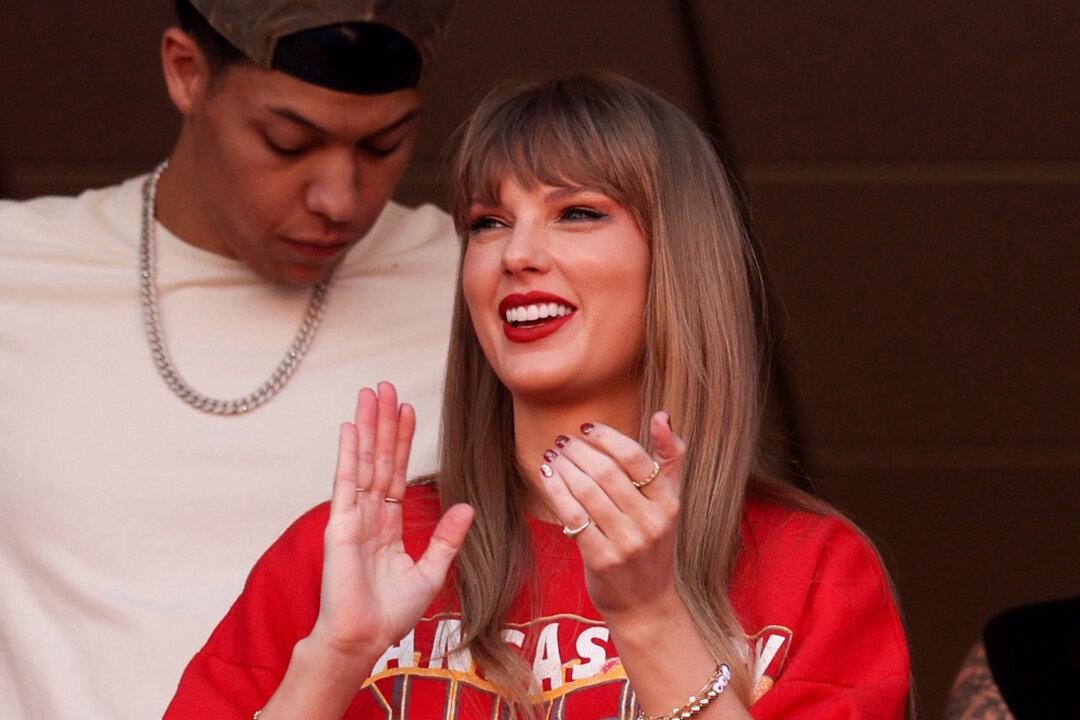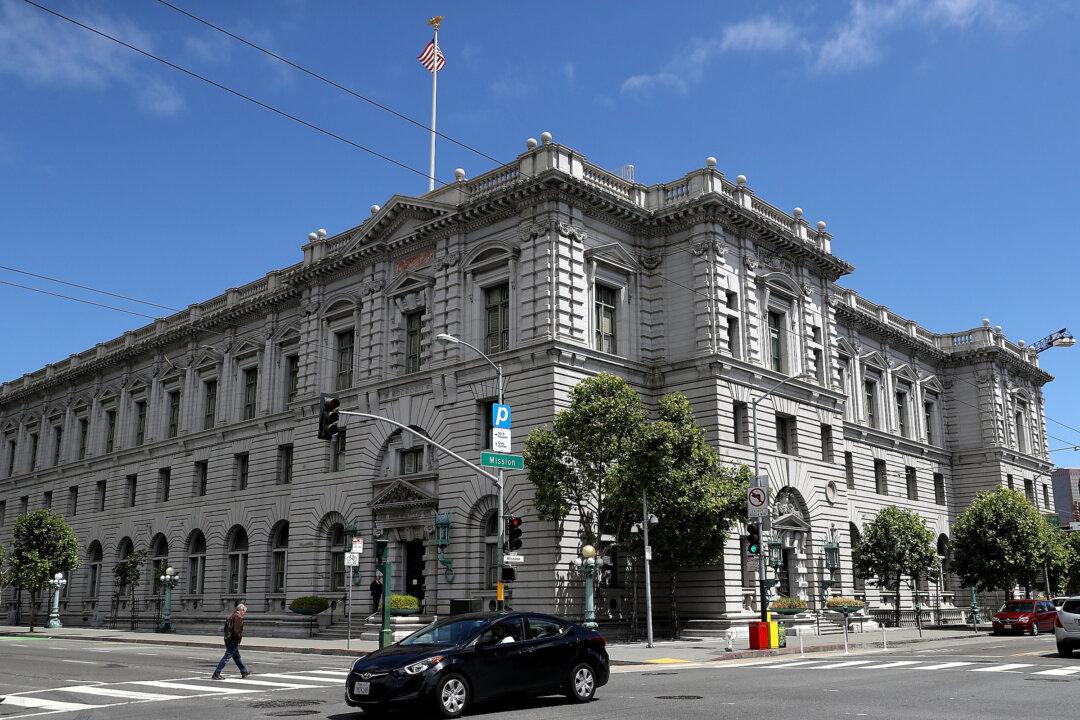Commentary
The Supreme Court is poised to decide one of the most crucial free-speech issues of the internet age: whether the federal government can use private entities—in this case, Big Tech social media platforms such as Facebook, Twitter (now known as X), and YouTube—to stifle dissenting views in a manner that would clearly violate the First Amendment if the government did it directly.





